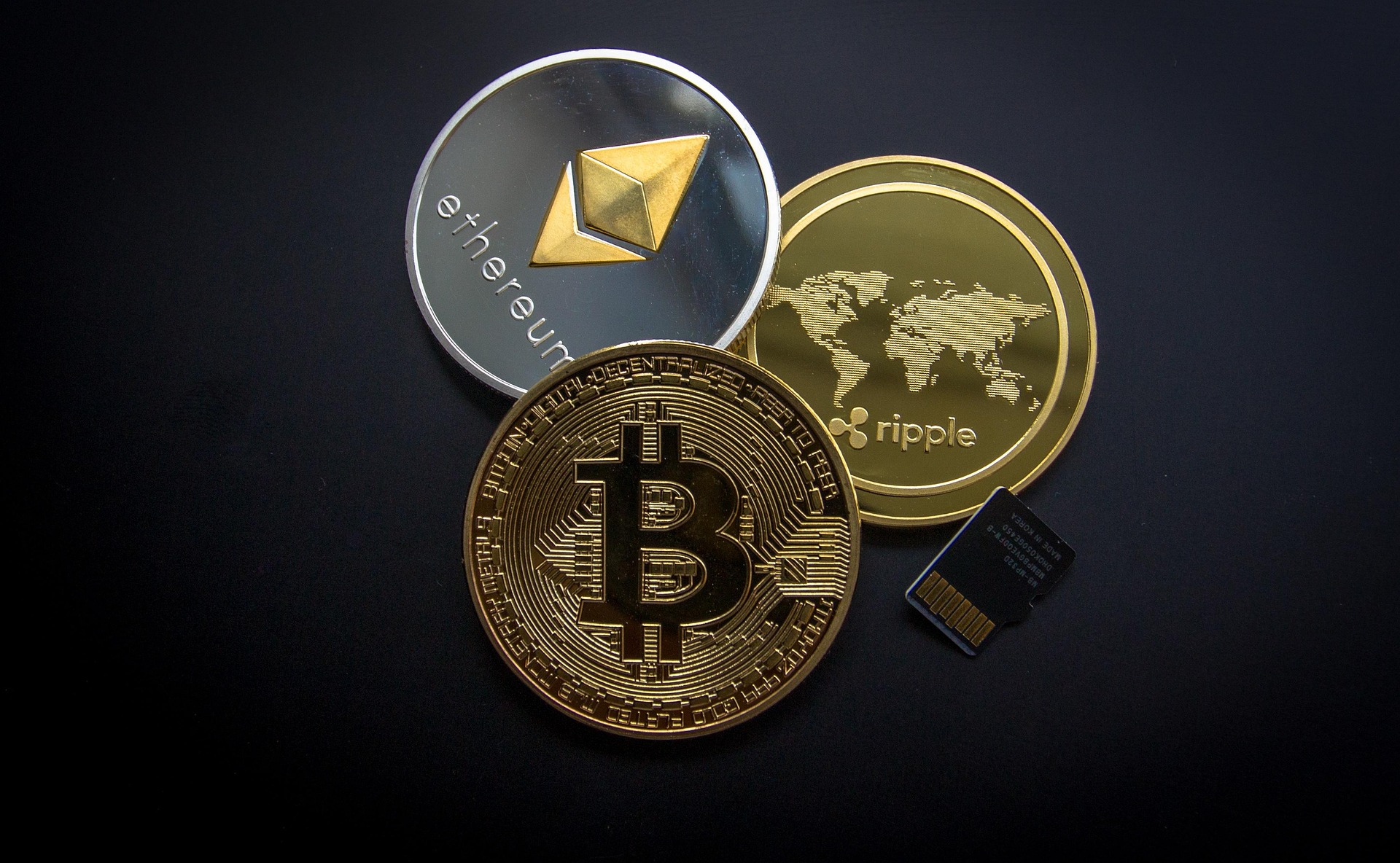Let’s start with a simple truth: cryptocurrency isn’t just an asset class anymore. It’s not just “Bitcoin going up” or “Ethereum going down.” It’s a shift in how we perceive trust, value, and technology. And yet, most people are still asking the wrong question: “Should I invest in crypto?”
The better question?
👉 How is cryptocurrency quietly changing the world—and where do I fit into that story?
💡 The Big Shift: Crypto as Infrastructure, Not Just Investment
When crypto hit the mainstream around 2017, everyone treated it like a get-rich-quick scheme. Buy low, sell high, and repeat. 📈
But here’s a radically different view:
Cryptocurrency is not primarily about money—it’s about architecture.
In other words, it’s not just a new form of currency; it’s a new framework for trust and transactions in a digital world.
🛠️ Think of it like the internet in 1995.
Back then, nobody imagined that one day we’d be booking flights, finding dates, and paying bills online. Likewise, crypto’s long game is less about speculation and more about quietly rewiring the pipes underneath our global systems.

🌐 Decentralization = Democratization?
One of the most repeated buzzwords in crypto is decentralization—but what does that actually mean?
Let’s break it down with a real-world analogy:
In a traditional bank system, all the power sits in one vault. 🏦
In a decentralized system, the vault is broken into pieces—and everyone holds a key. 🔑
Decentralization isn’t just technical. It’s philosophical. It says:
- You don’t need to ask for permission to send money.
- You don’t need to rely on one company to keep your assets safe.
- You don’t need to trust blindly—you can verify.
This opens the door for global inclusion—especially for the 1.7 billion people worldwide who remain unbanked. 🌍
📱 Real-World Use Cases You Didn’t Expect
We often hear the same old crypto examples: Bitcoin as digital gold, Ethereum for smart contracts.
But let’s go beyond the obvious:
- Remittances without extortion 💸
Migrant workers often pay 7–10% in fees to send money home. With crypto? It’s almost free and instant. - Decentralized identity 🪪
Your ID, passport, and even academic credentials can be stored on blockchain securely—no more paper trails or centralized leaks. - Transparent donations 🌱
NGOs are using blockchain to prove exactly how every rupee or dollar is spent. No shady backdoors. Full transparency. - Creator economy unlocked 🎨
Artists and musicians are minting NFTs not just to sell, but to earn royalties on every resale—something traditional art can’t track.
For a global snapshot of where crypto adoption currently stands—and what hurdles remain—this CoinDesk article offers a well-rounded perspective. 🌍📊 It’s a great complement to understanding how far we’ve come and what’s next.
🚧 Barriers Nobody Talks About (But Should)
Sure, crypto sounds empowering. But let’s not ignore the roadblocks:
- User experience is still clunky 🧩
Setting up wallets, managing seed phrases—it’s not yet grandma-friendly. - Energy concerns are real ⚡
While many blockchains are switching to eco-friendlier models (like proof-of-stake), public perception is still catching up. - Scams and rug pulls 🕳️
With freedom comes responsibility. Without regulation, many fall into traps.
But remember—these are growing pains, not deal-breakers. Think about how messy the internet once was. Crypto is following a similar maturity curve.

📈 From Investing to Participating
Most people approach crypto like the stock market: buy, hold, sell. But here’s something new:
You don’t have to just invest in crypto. You can participate in it.
✅ Stake your coins and earn passive rewards
✅ Join decentralized autonomous organizations (DAOs) and vote on proposals
✅ Contribute to open-source blockchain projects as a developer or designer
✅ Use stablecoins to escape volatile local currencies
This mindset shift—from passive speculator to active participant—is where the magic begins. 🔁
If you’re looking for a deeper primer on how cryptocurrency is evolving into real-world infrastructure, this article gives a fantastic overview:
👉 Understanding Cryptocurrency: A Simple Guide for Everyone
🧠 Thought Experiment: What If Crypto Just… Disappeared?
Let’s flip the script. Imagine cryptocurrency vanishes tomorrow. Poof. Gone.
What would we lose?
- A censorship-resistant way to transfer value
- A borderless, permissionless financial layer
- A programmable, transparent system for creating contracts and applications
In a world dominated by intermediaries, crypto is the rare tool that says, “Let people decide.” That’s the real disruption. 🔥

🧬 Crypto + AI = The Next Wave
Want a mind-bender? Think about what happens when blockchain meets artificial intelligence.
- Blockchains can provide the data integrity AI needs.
- AI can manage and optimize decentralized systems.
- Together, they enable trustworthy automation—no more bias, black-box algorithms, or manipulation.
🏁 Final Thoughts: Crypto Isn’t the Endgame, It’s the Beginning
Here’s the bottom line:
Cryptocurrency isn’t a bubble or a bandwagon. It’s a blueprint for a more open, efficient, and fair digital future.
Whether you choose to hold coins, build projects, or simply learn—you’re part of a movement that’s bigger than financial returns.
Because crypto isn’t just about what you can buy.
It’s about what you can build.
✨ Quick Takeaways
- 🏦 Crypto is shifting from speculation to infrastructure
- 🌍 Decentralization empowers the underserved
- 🎨 NFTs and DAOs are transforming creativity and governance
- 🔄 Participation matters more than price-watching
- ⚙️ The real future? Crypto + AI + user-owned platforms





2 responses to “Cryptocurrency 2025: Beyond the Hype, Toward Real-Life Impact”
[…] For a deeper dive into how crypto could shape the world beyond speculation, check out our post on Cryptocurrency 2025: Beyond the Hype Toward Real-Life Impact. […]
[…] These gains come despite limited mainstream media coverage—and that’s no coincidence. According to a Reddit post, Yahoo Finance has allegedly been blocking press releases from crypto companies like Marathon Digital and BTCS Inc. This censorship raises deeper questions about information access in the age of digital finance—especially as we move toward real-life crypto adoption. […]